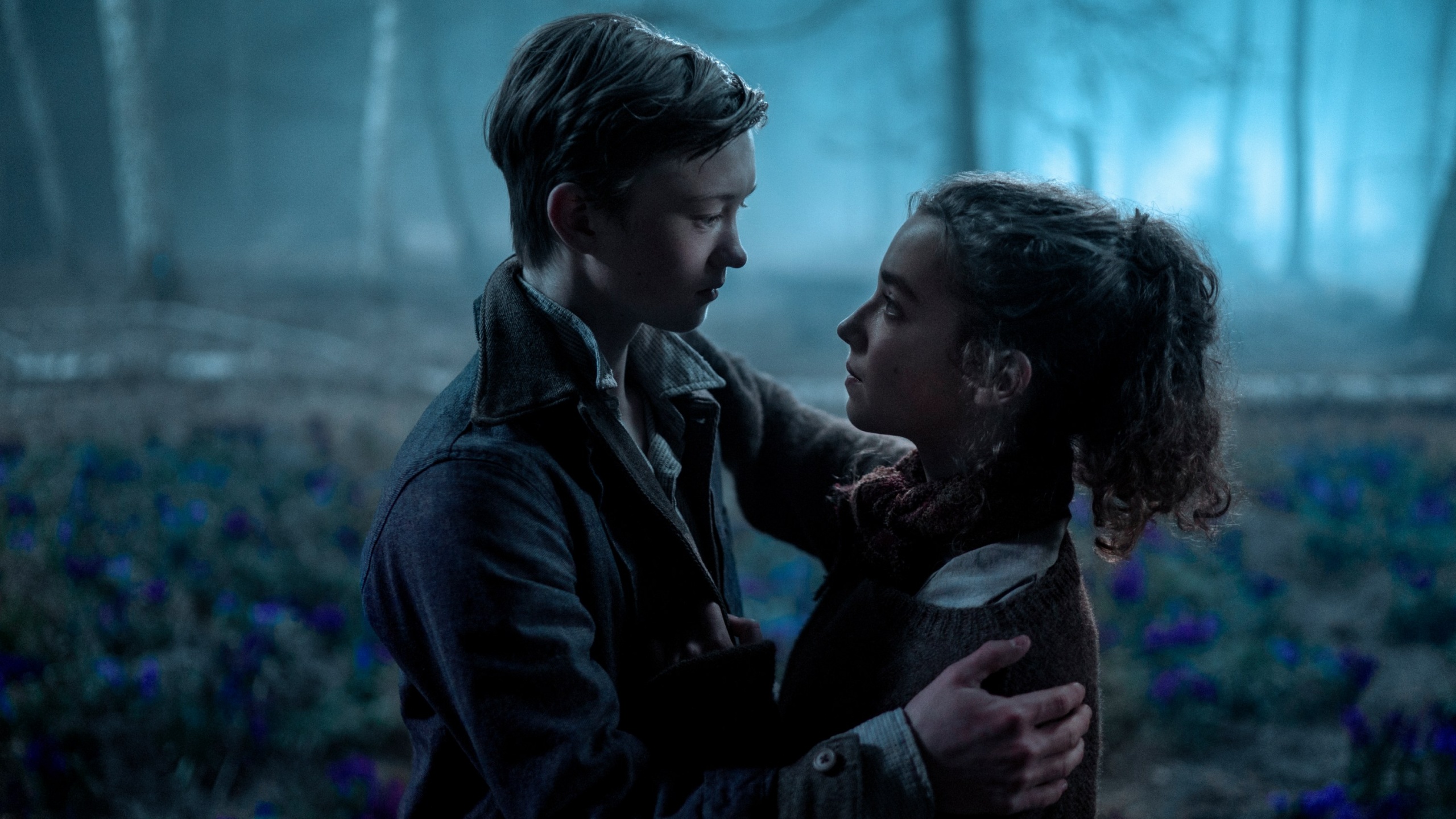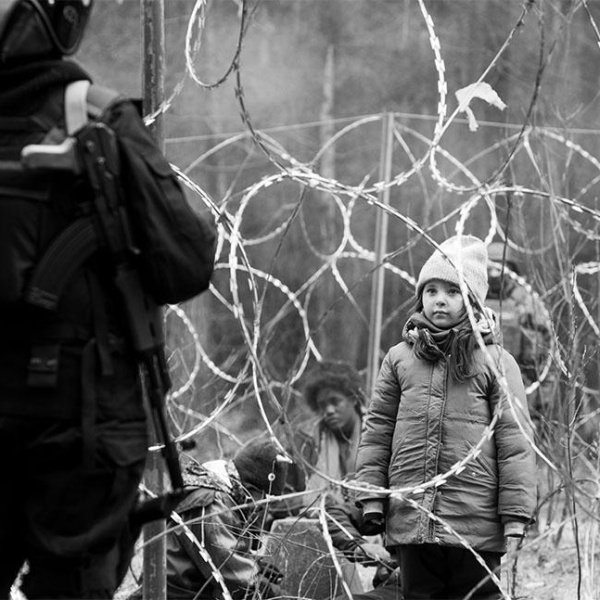The past decade has seen the release of countless films transparently designed to launch a cinematic universe. From superhero movies littered with crumbs of parallel I.P. at the expense of narrative depth to toy adaptations that attempted crossovers based on little more than shared corporate ownership, virtually every filmmaker of a certain budget was asked to make a few compromises in pursuit of building a lucrative franchise. But even in an era of filmmaking defined by world-building, few could have predicted that “Wonder” would be the genesis of a multi-pronged film series.
If anyone walked out of Stephen Chbosky’s 2017 film — which starred Jacob Tremblay as a middle schooler with facial disfigurement, learning how to navigate the endless cruelty of pre-teens in a story about the importance of kindness — wondering what happened to Julien (Bryce Gheisar), the bully who was ultimately expelled from Beecher Prep, you’re in luck. Marc Foster’s “White Bird” catches up with Julien as he struggles to adapt to a new school. His behavior with his peers is as anti-social as ever, but without an established social circle that he fears falling back on, he struggles to make friends of any kind.
After a particularly hard day at school, he expects to come home to another empty apartment while his neglectful parents hobnob at yet another black-tie event. Instead, he finds his French grandmother Sara (Helen Mirren), who decides to teach him a lesson of her own about the power of kindness by regaling him with a story about her own childhood in Nazi-occupied France.
After the 10-minute mark, it’s easy to forget that “White Bird” is connected to “Wonder” in any way. The film is essentially a standalone World War II teen romance that’s loosely connected to its predecessor through bookending scenes and an ongoing commitment to the idea that kindness towards our fellow humans is worth pursuing. It’s not exactly groundbreaking, but it’s not as if our society has mastered the idea to the point where reminders are no longer necessary.
Fortunately, Sara’s (Ariella Glaser) story is compelling enough on its own. Before Hitler invaded France, she lived a relatively privileged life as a Jewish girl growing up in a French village. Her mother was an esteemed professor, and she had a close social circle that allowed her to be something of a mean girl toward her less fortunate classmates. Her friends could be especially cruel to Julien (Orlando Schwerdt), a boy whose kindness toward Sara is overshadowed by the fact that polio has forced him to walk with a crutch. Looking back on her youth, she’s the first to admit that “when life is as good as mine was, there is much you don’t see.”
But as Nazism makes its way through France, Sara quickly finds her world crumbling around her. She is no longer allowed to patronize local businesses, and her parents inform her that they’ll soon have to flee the country until the war is over. But she soon finds herself separated from her family during a surprise Gestapo raid, and the only person willing to protect her is Julien. He offers her shelter in his barn, where she stays for over a year while waiting for her family. The two of them bond over films (he works as a projectionist at the local movie theater) and explore the local woods together — creating their own oasis in a world determined to inflict unimaginable pain upon her. As the war takes a deeper toll on her family, the kindness of strangers keeps her alive and reorients her entire worldview in the process.
Much like its loose predecessor, “White Bird” is not interested in exploring emotions more complicated than kindness in the face of adversity. With elegant acting from its two young leads and picturesque cinematography from Matthias Koenigswieser, it serves as a competently executed morality play for audiences craving a bit of unambiguous humanism. For a movie whose dubious connection to an almost-forgotten I.P. might set off many of our cynicism detectors, its commitment to the notion that love and empathy are enough to steer us through our darkest hours is nothing if not refreshing.
Grade: B
A Lionsgate release, “White Bird” opens in theaters nationwide on Friday, October 4.
Want to stay up to date on IndieWire’s film reviews and critical thoughts? Subscribe here to our newly launched newsletter, In Review by David Ehrlich, in which our Chief Film Critic and Head Reviews Editor rounds up the best reviews, streaming picks, and offers some new musings, all only available to subscribers.



